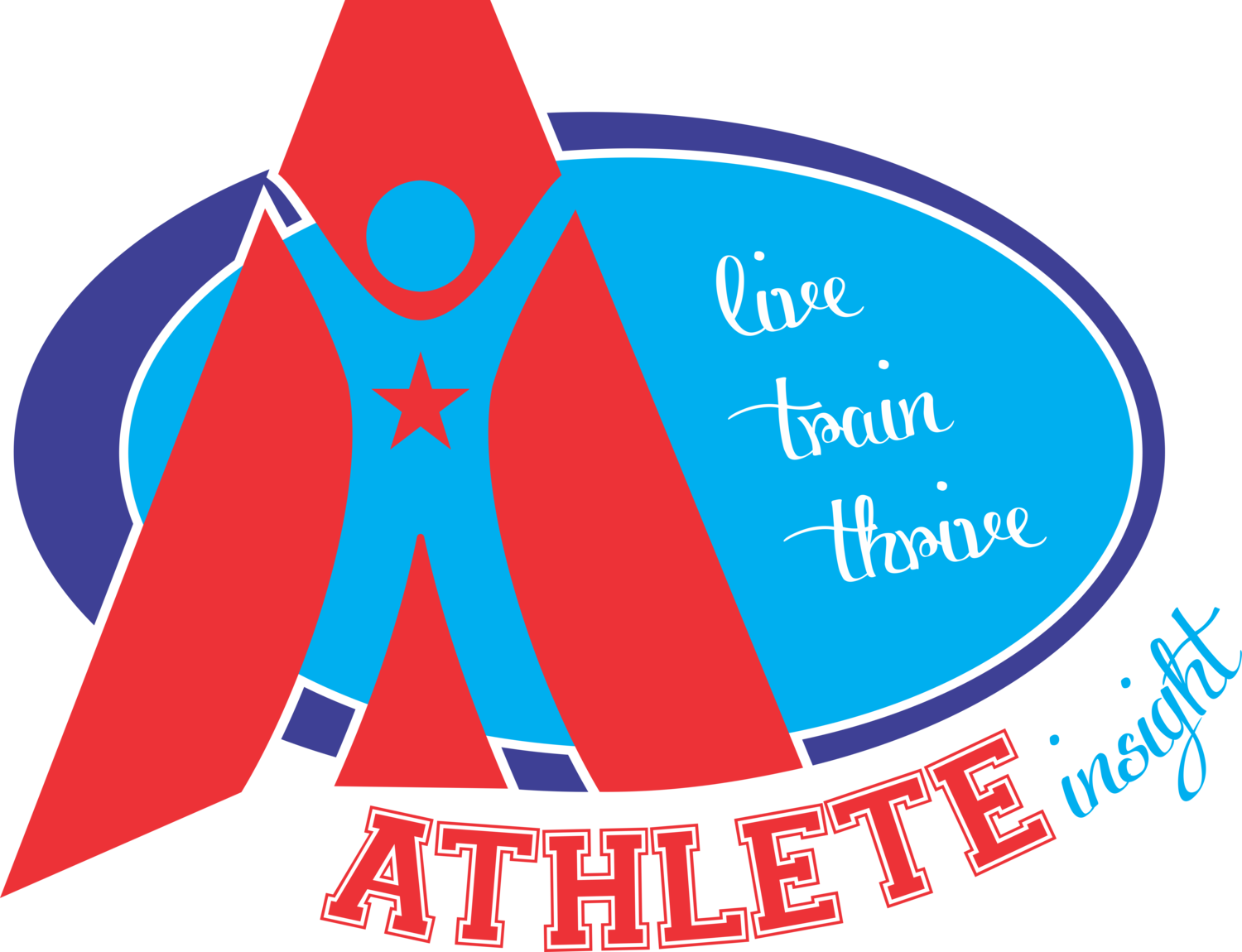By Kate Bennett, PsyD
Hope (verb): To want something to happen or be true and think that it could happen or be true
Hope (noun): A feeling that something good will happen or be true
Merriam-Webster Online Dictionary
Hope, perhaps one of the most sought after feelings, is not actually an emotion. Rather, it is a cognitive state, a way of thinking (Brown, 2010). With that in mind, similar to athleticism, hope can be trained and improved with practice. In fact, because it is a cognitive skill, hope is more obtainable than an emotional state such as happiness (which is transitory based on circumstance).
According to Brown, hope occurs when individuals put three things into motion:
Goal setting: Creating SMART goals that provide direction and purpose
Action planning: Knowing how to achieve personal goals, developing tolerance for disappointment, and responding flexibly to obstacles
Believing: Having faith in oneself to accomplish identified goals-More importantly, believing so strongly in the purpose of individual goals that when disappointment occurs, people persist towards their goals knowing that the effort will be worth the sacrifice of hard work, diligence, and determination
Brown’s research demonstrated that hopeful people self-reported high levels of persistence and hard work. She noted that our society’s emphasis on “fun, fast, and easy” interferes with hope and, consequently, sets many up for hopelessness or despair. Most goals, those that truly align with individual values, take time and effort to establish (let alone, accomplish). Often times they are not fun, fast, or easy because value-driven goals speak to the core of human beings. Although, when intentionally designed, goals also bring moments of joy and unexpected surprise. Those moments provide relief from hard work and remind individuals of what they are working towards.
Hope is a mindset that, when shared with others, allows people to understand your values, drive, and being. Hope creates direction and brings purpose to goals. The sharing of hope allows intimate connections to form. Hope cultivates resiliency because your belief in the mission of your personal goals is so strong that it allows you to tolerate difficulty and identify alternative paths when necessary. And, while hope does not protect from disappointment, it is sure to bring joy, happiness, and satisfaction to life.
How can you build hope into your life?


